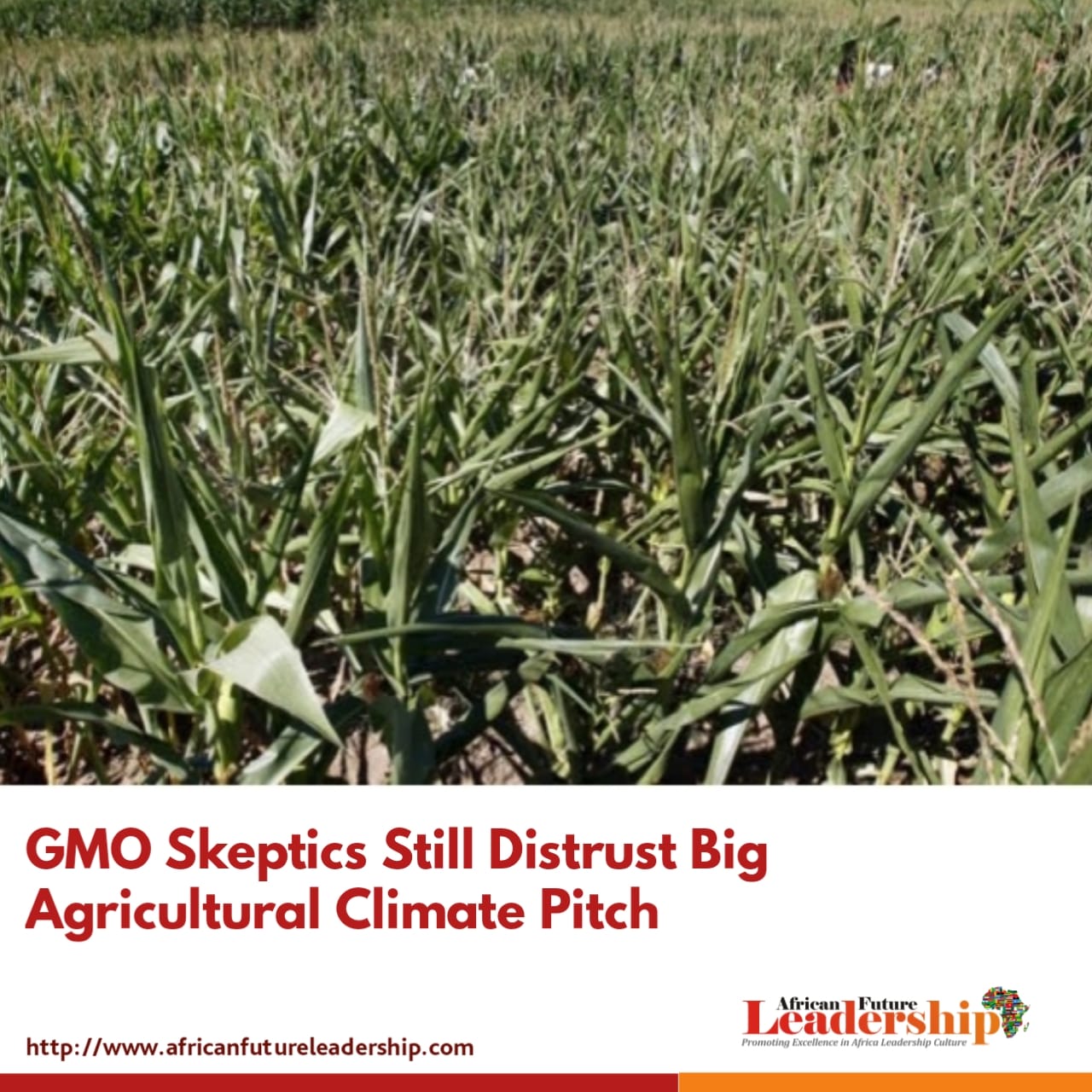In mainstream agricultural practice, the world over, critics have questioned plan’s value in dealing with climate crisis with its potential to ‘harm communities and undermine human rights’
And it’s imperative to say that, the US government has unveiled a new voluntary carbon trading market scheme with the aim of boosting private investment in clean energy projects in developing countries.
Accordingly, John Kerry, the US climate envoy, said the new initiative, called the energy transition accelerator, will be created in partnership with the Rockefeller Foundation and the Bezos Earth Fund to help deliver the trillions of dollars of investment needed to help poorer countries transition to renewables and stave off disastrous climate impacts.
However at Cop27 it was said that, ‘It’s humiliating’ – Indigenous voices say they are being ignored at the climate summit.
Nigeria and Chile are already interested in the plan, Kerry said, which could be operational from next year and will involve the buying and selling of credits that represent carbon pollution. This market, which will not be open to fossil fuel companies, is designed to bolster investment in renewables and help slash emissions.
Hence, the annual investment in clean energy needs to triple to more than $4tn (£3.5tn) by 2030, according to the International Energy Agency, to avoid dangerous global heating.
But Kerry said leaders of developing countries struggle to raise enough money, requiring new ways to grow private investment.
READ MORE: Hunger Looms in Mozambique’s North as Funds Dry Up
Kerry explained that, “We have to win the battle against the climate crisis, not give in to business as usual.”
According to him, “I’ve been doing this [talking about climate change] since 1988 and I don’t know about you but I’m tired about talking about the same stuff – we have to break the mould. If we don’t come up with creative ways to mobilise money, we are going to blow through 1.5C [of global heating].”
In the meantime, it was stressed, carbon markets have proved controversial, however, with critics pointing out they often lead to minimal emissions reductions while burnishing the green reputations of large companies.
Kerry acknowledged further that “mistakes of the past” had damaged the reputation of carbon markets, but vowed that strong safeguards would ensure only “high-quality” credits would be used. But, some environmental groups were not convinced, however.
Rachel Cleetus, policy director at the Union of Concerned Scientists. said the emphasis however, is that, “The private sector can and must play an important role in tackling the climate crisis.”
“However, a voluntary carbon credit programme won’t guarantee deep, real cuts in emissions; and it’s tantamount to rearranging the deck chairs as the climate ship is going down.”
Generally speaking, African activists demand climate finance and compensation payments from rich countries to poor countries disproportionately affected by climate change and fossil fuel exploitation protest at the Cop27 climate conference, on Wednesday 9 November 2022 in Egypt.
Rachel Rose Jackson, director of climate research and policy at Corporate Accountability said, ‘What planet does this government live on?”
She stressed, “Apparently not planet Earth. Here on the ground at Cop27 people are talking about urgency and lives on the line. And somehow the US thinks it’s appropriate to zoom in with something that couldn’t be farther from climate finance or real action. It’s the very opposite.”
Thus, the emphasis is that the US has always been one of the main proponents of carbon markets, but succeeded in getting the controversial and unproven industry into the centre of the Paris agreement – a move critics say significantly weakened the accord.
Hence, the most common criticism of carbon offsetting is that it is little more than a “bookkeeping scam” – a false solution that allows polluters to keep polluting instead of reducing greenhouse gas emissions, which scientists agree is the only way to curtail global heating.
That is, the schemes often involve forests and agricultural land where Indigenous and pastoral communities have lived sustainably, and there have been widespread reports of land grabbing and higher food prices linked to carbon markets in countries such as Brazil, India and Kenya.
Rachel Jackson added: “This programme will exacerbate the very problem it claims it will help solve by failing to actually reduce emissions. And it will distract from the real and urgent need for the US to deliver on its climate debt through public finance.”
On his part, Kelly Stone, senior policy analyst at ActionAid, said the US has “already repeatedly failed” to meet its obligations on climate finance.
According to him, “It’s exhausting to hear this talking point over and over again when the US still owes money to the Green Climate Fund for a 2014-era pledge”
Worrisomely, “Carbon markets have historically failed to fulfil climate goals and often profoundly harm communities and undermine human rights.”
The above position is a view shared by Mohamed Adow, director of the thinktank, Powershift Africa, who said it was shameful that the US continued to try to evade paying its fair share towards climate mitigation, adaptation, loss and damage.
So he said, “What we need is robust rules around emissions cuts and a comprehensive climate finance system that forces rich countries to deliver what they’ve promised, not try to find ways to finance down the back of the sofa at the backwaters of the private sector.”
Thus, “Private sector finance should be separate from the country’s obligations under the [United Nations Framework Convention on Climate Change].”
At any rate, Kerry’s announcement came a day after the Africa carbon markets initiative was launched by a consortium of African countries (Kenya, Malawi, Gabon, Nigeria and Togo) and carbon credit buyers and financiers. This scheme is intended to produce 300m carbon credits annually by 2030, rising to 1.5bn credits by 2050, which proponents claim will unlock $120bn (£105bn) and 110m jobs by 2050.
And Adow added: “African carbon credits, bought by corporations in the global north, is a false solution that will create emissions reductions loopholes and won’t deliver the climate finance Africa needs. Paying Africa to allow polluting industries and companies to carry on wrecking the planet is just another type of neo-colonialism.”




